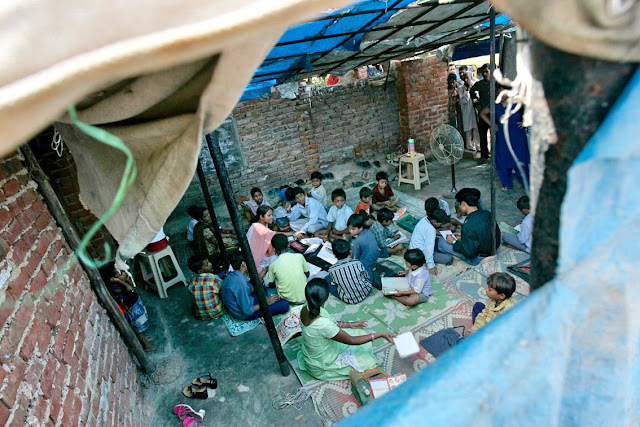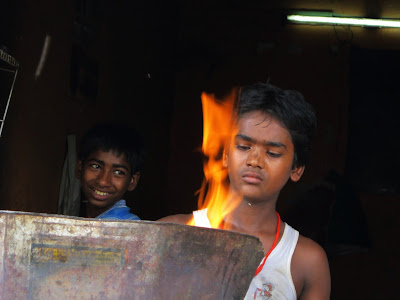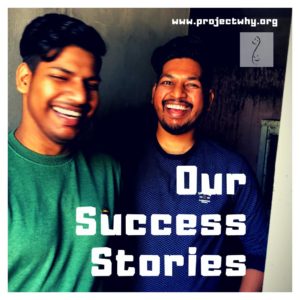Someone said: “a picture is worth a thousand words, but a memory is priceless.You don’t just take a picture with a camera, you take it with your heart”.


The story of the Project Why Okhla Centre is the story of two women: Sophiya and Pushpa. Sophiya and Pushpa must have worked for less than one year as primary teachers in our Giri Nagar programme when Sophiya came hesitantly to me and told me about the plight of children in the vicinity of her home.
She lived in the tiny tenements that are tucked away between factories in the industrial area of Okhla. In those areas most parents work long hours and children are left to their own devices, becoming targets for lurking predators who find them easy prey to steal and to push drugs.
Needless to say Project Why was on board! The problem was that in such areas there are no empty spaces to rent or use and it was left to the ladies to find space.
The two ladies were back the next day, huge smiles on their faces and the news that they had found a space and even got permission from the local cops and politician. It was a garbage dump close to the railway line. No problem. We would reclaim it.


Another problem. The local mafia, who could see their resources dwindling, turned heaven and earth to make us leave. Every Sunday the rickety structure was brought down and every Monday our ladies would re-build it again.
We eventually erected a loose brick structure around the school and how proud everyone was! They took it upon themselves to paint the school every year at Diwali, contributed 5 rupees each and provided the labour. The school could turn from bright pink, to blue to green!
There were a few problems though as sometimes we found our school broken.
But that did not deter us and classes continued till funds were found to rebuild the school.
The show never stopped. Okhla kids have a lot of fun and have one things in abundance: SMILES
One day the children told us they wanted to learn how to use computers. This was a difficult demand as there was no safety in our fragile structure. However, a young man from the local mafia came forward and offered his protection. Since that day we have had no problems. And the children got their computer!
Last year a kind donor gave us sufficient funds to add a proper ceiling and thus have a roof that could be used as space for teaching and would allow us to have a proper computer centre. The centre took on a new avatar. This is how it looks now
and look at the new computer centre!
Classes are now held both downstairs and on the new roof under the shade of a huge neem tree.
The sky is the limit.
Okhla is our biggest success story. Many of our kids have have now passed their exams and some are pursuing higher education.
But above all, there are many lessons to be learnt, the biggest one being that nothing is impossible if you have the will, the determination and the ability to see with your heart.
It feels good to take a walk down memory lane. One should do it more often.
I feels good to take a walk down memory lane. One should do it more often.
Please join Project Why on its


































